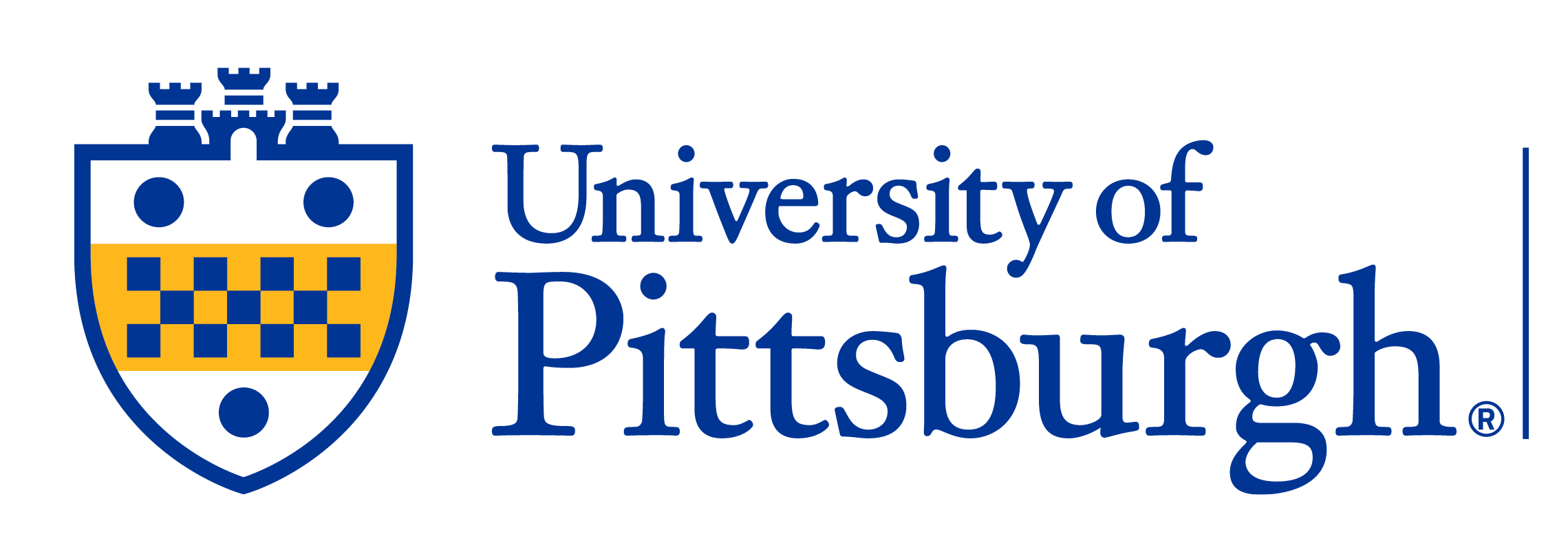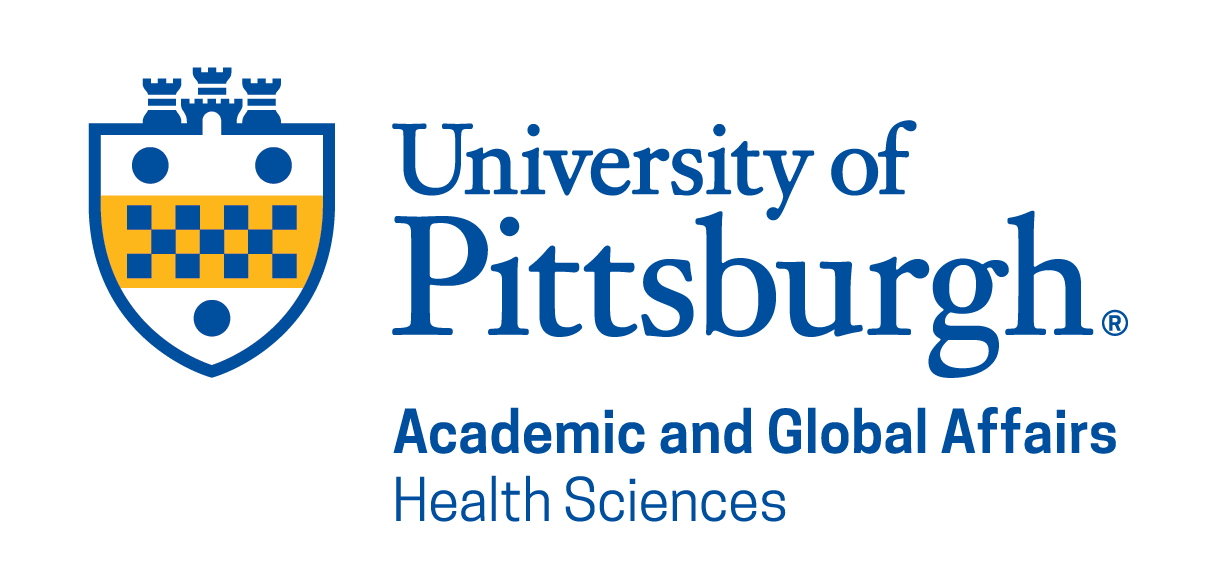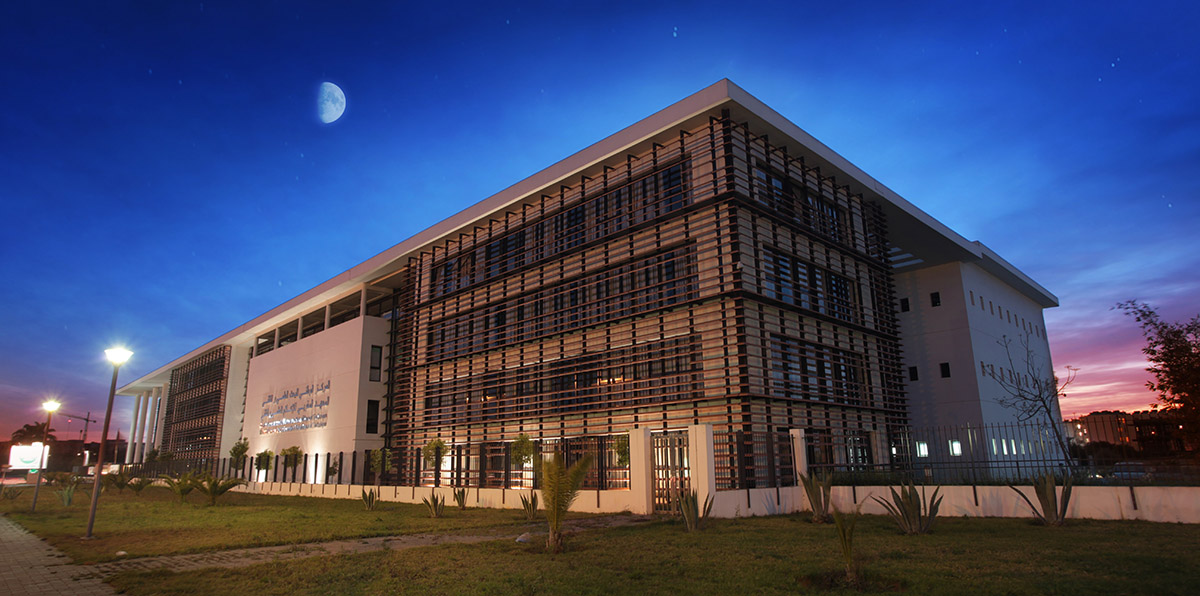ABOUT //
Improving the well-being of people and the planet
Global reach and research
University of Pittsburgh Health Sciences recognize the importance of global health and aim to harness the power of research, education, partnerships and service to reduce the burden of disease, improve the well-being of people and the planet, and respond to health inequities.
To address these challenges, the Office of Academic and Global Affairs works directly with the senior vice chancellor for the health sciences to implement academic programs and projects that respond to diverse global health needs and interests. The scope of our initiatives extends to various locations, including:
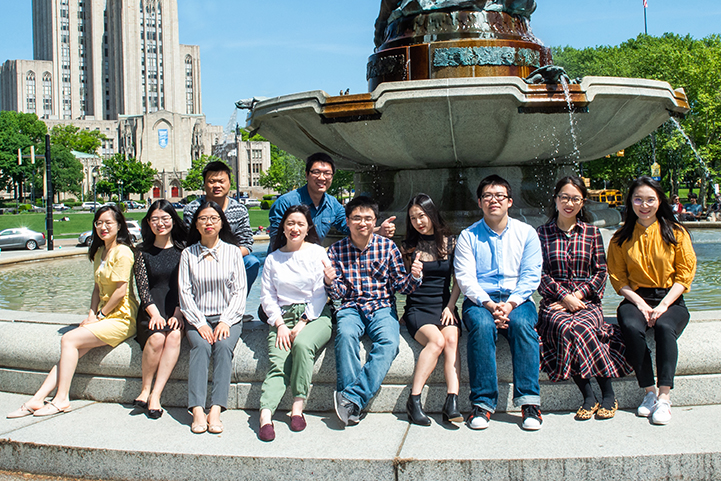
Tsinghua University School of Medicine
Through the School of Medicine’s partnership with Tsinghua University School of Medicine, one of China’s elite institutions of higher learning for science and technology, Tsinghua’s medical students undergo a rigorous two-year biomedical research training program in Pittsburgh before returning to Beijing to complete their medical education. As of summer 2023, Pitt’s Tsinghua Scholars program has hosted 195 participants.
Since the beginning of the partnership in 2012, a significant proportion of students from Tsinghua’s medical school have spent two years in Pittsburgh immersed in biomedical research in the labs of some of Pitt’s most accomplished scientists. Tsinghua has recently added an MD/PhD option to its degree offerings, with selected students becoming eligible for the PhD portion of the combined degree after an additional research year at the School of Medicine.
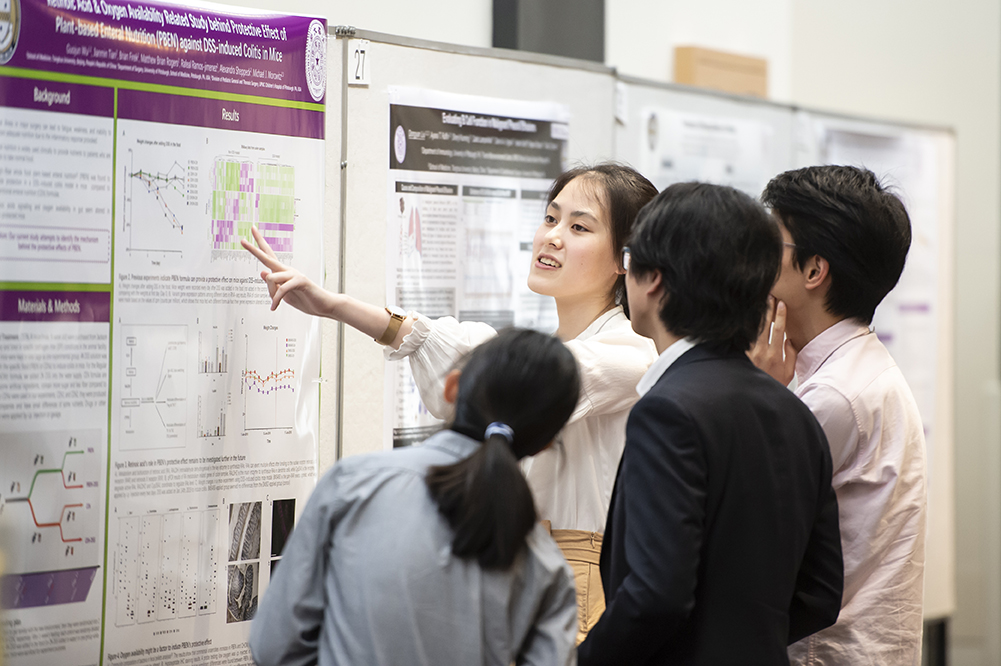
Central South University Xiangya
School of Medicine
The School of Medicine, in 2012, began a collaboration with China’s prestigious Central South University Xiangya School of Medicine to provide two years of intensive biomedical research training to Xiangya medical students. Most of these students have already undergone six years of medical school, including completion of their clinical clerkships and elective rotations.
In 2014, bolstered by the program’s success, Xiangya Hospital formed a partnership with UPMC to establish the Xiangya International Medical Center. The medical center opened the following year and has improved access to high-quality care for patients within the Hunan Province of China and beyond.
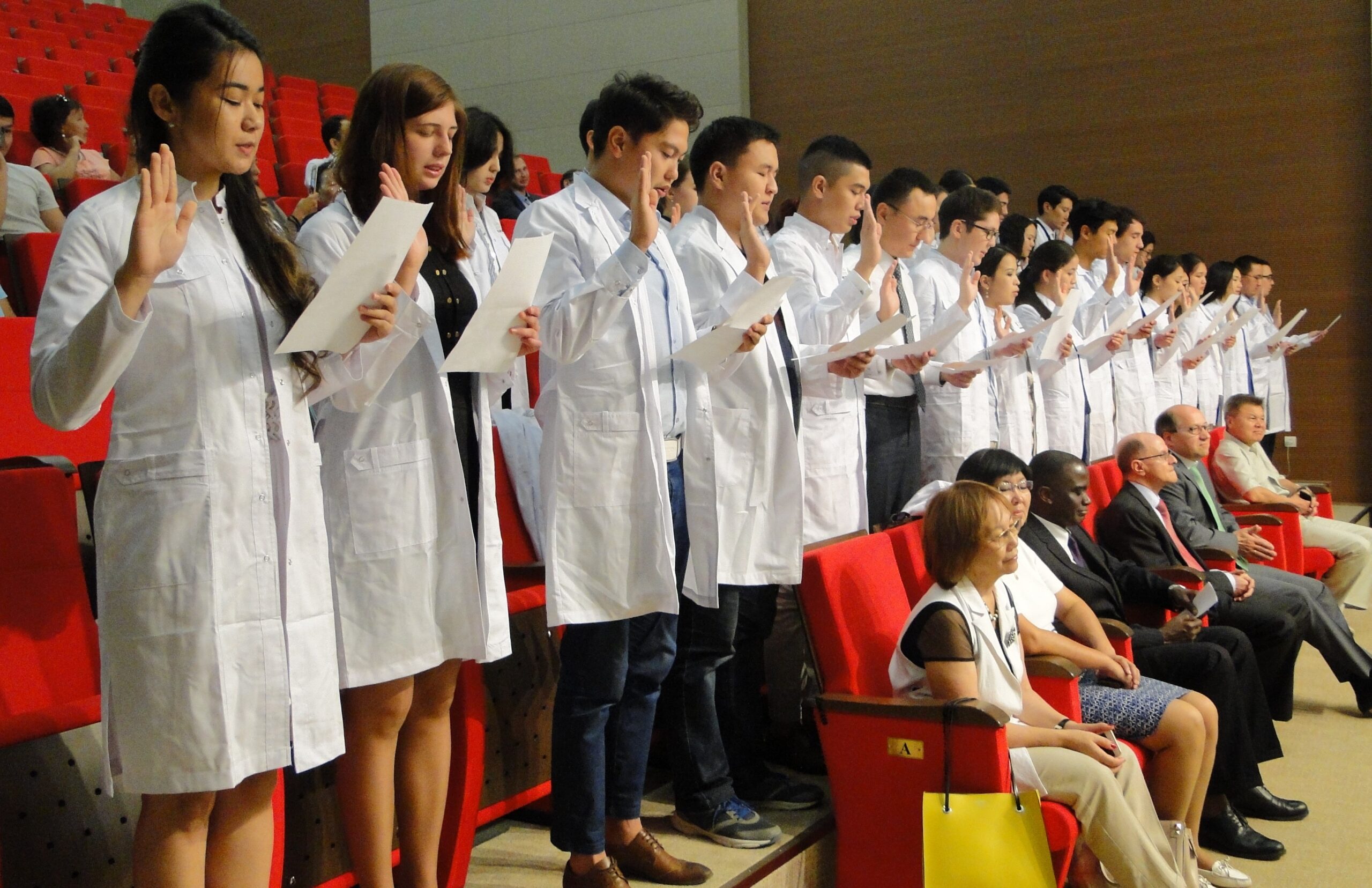
The Republic of Kazakhstan
In 2012, the School of Medicine was selected to guide the Republic of Kazakhstan’s Nazarbayev University (NU) as it established its own medical school. NU aims to educate physician-scientists to become the next leaders in health care, medical education and biomedical research.
Pitt has partnered with NU to:
- Institute a U.S.-style curriculum;
- Design and develop teaching facilities;
- Recruit and train school leadership and faculty;
- Plan organizational and administrative structures, policies and procedures;
- Develop courses, syllabi and clinical experiences with the participation of physician-educators from Kazakhstan and around the globe.
The school aims to become a hub of medical education and biomedical research in Central Asia. In August 2015, Nazarbayev University School of Medicine (NUSOM) welcomed its first class of 20 students, with new students continuing to enroll annually. As of 2017, NUSOM began accepting international students.
NUSOM graduated its first MD class in 2019. In 2024, NUSOM achieved the important milestone of being formally accredited by the World Federation for Medical Education.
France
In 2017, the School of Medicine and UPMC partnered with Institut de la Vision in Paris, a global leader in basic and clinical vision research that is developing treatments for currently untreatable retinal diseases and vision disorders.
The School of Medicine then entered an agreement with three additional world-renowned French research institutions:
- Université Pierre et Marie Curie of the Sorbonne Universités in Paris,
- Institut National de la Santé et de la Recherche Médicale (INSERM), and
- Centre National de la Recherche Scientifique.
These partnerships have enabled collaborative ophthalmology, vision, and neuroscience research, as well as extensive scientific and educational exchange.
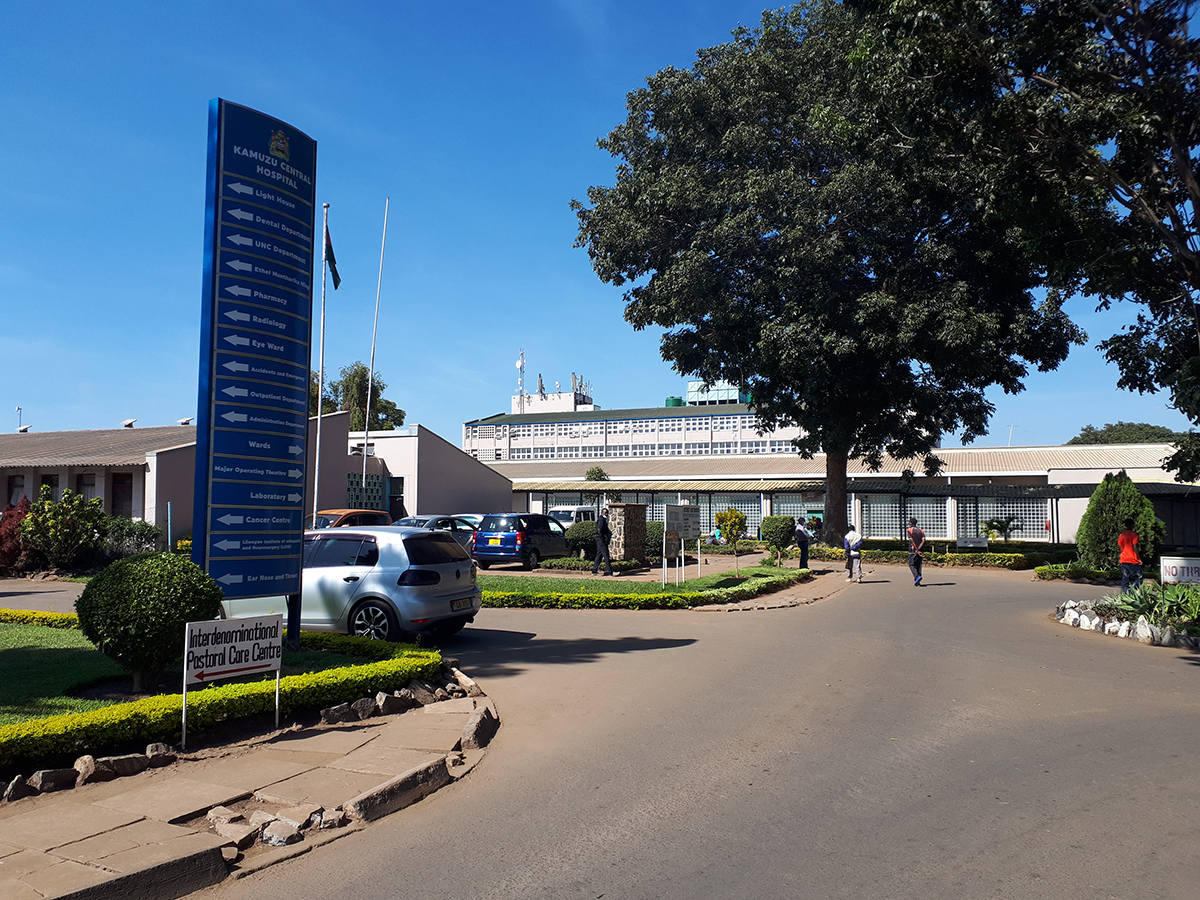
Kamuzu Central Hospital in Malawi
The School of Medicine has also maintained robust relationships in Malawi. Pitt-affiliated medical students and residents routinely complete rotations at Kamuzu Central Hospital, a government referral and teaching hospital in Lilongwe.
These residents, students and other members of the School of Medicine have played a crucial role in providing inpatient hospital care and facilitating teaching and training programs for medical students and trainees.
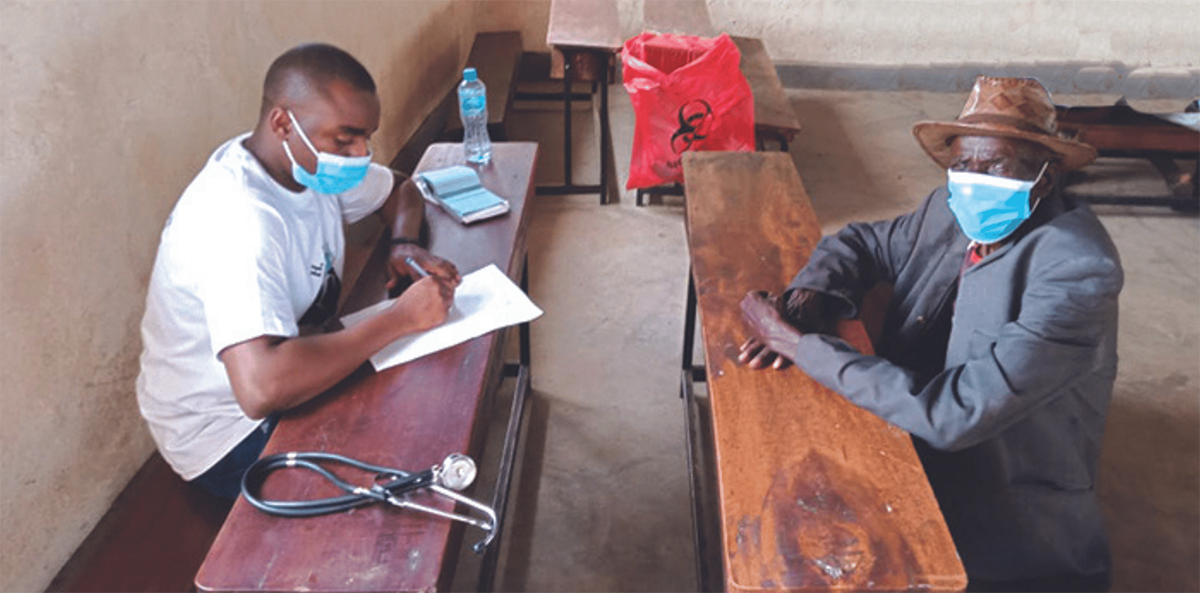
Global Telemedicine with the Addis Clinic in Kenya
The School of Medicine launched a pilot course in 2021 that paired two fourth-year students with medical professionals in Kenya to offer the future physicians experience in global medicine.
The new elective, Global Telemedicine with the Addis Clinic, had students starting their days at 6 a.m. in Pittsburgh to log on with clinical officers in Kenya. These officers provided guidance as students engaged with patients to conduct a history and limited physical exam. In the afternoons, the students presented each daily case and clinical reasoning to Pitt faculty, creating a plan for an additional workup or case management before sharing it with the clinical officer in Kenya.
The program expanded in 2022 and now enrolls four to six additional students each year.

Integrated Network of Scholars in Global Health Research Training (INSIGHT)
The School of Medicine has partnered with three other institutions—University of Maryland, Baltimore; University of Alabama at Birmingham; and Baylor College of Medicine—to form a consortium for the National Institutes for Health Fogarty International Center-funded Integrated Network of Scholars in Global Health Research Training (INSIGHT).
A total of 145 faculty members across the multidisciplinary consortium are working with institutions in 24 low- and middle-income countries (LMIC) in sub-Saharan Africa, South Asia, Latin America and the Caribbean to support mentored research training in global health for U.S. doctoral candidates and U.S. and LMIC postdoctoral fellows.
The INSIGHT program focuses on four disease tracks, four population tracks and three science tracks that concentrate on global health research and other priorities identified by LMIC partner institutions.
